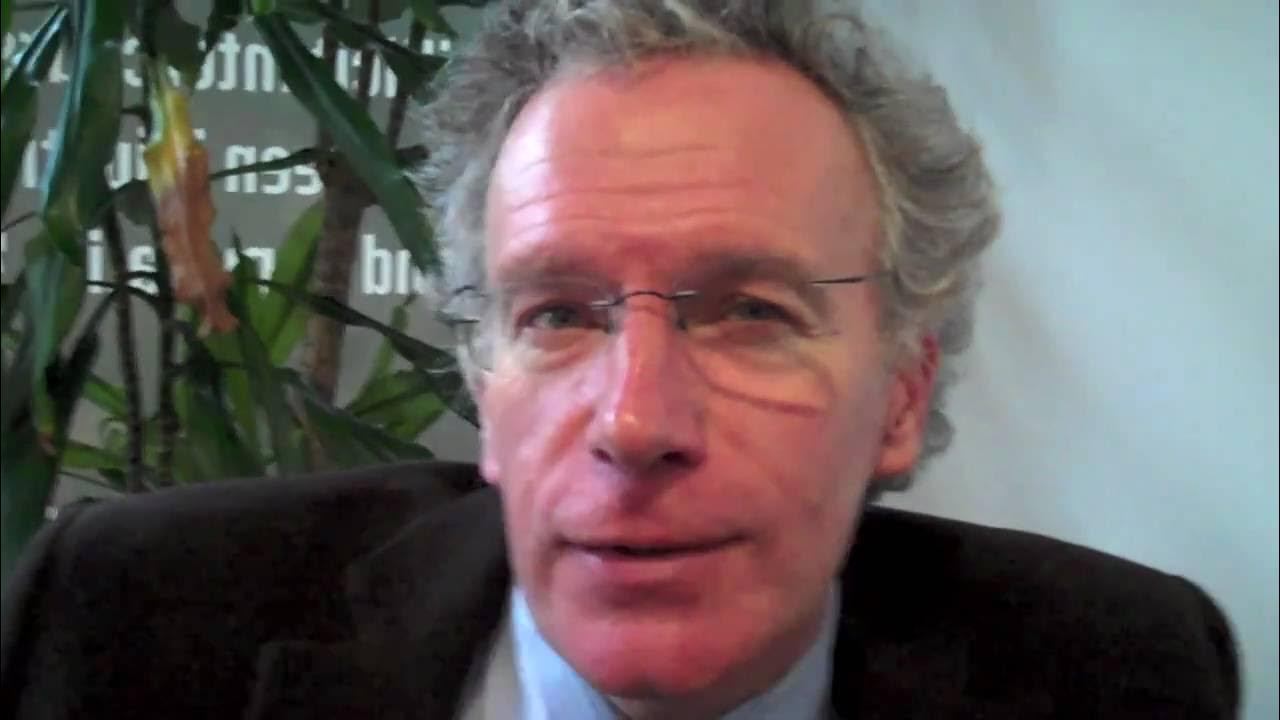CIRO fica REVOLTADO com PLANO MALIGNO de LULA e JOGA TUDO NO VENTILADOR | CIRO GOMES ECONOMIA
Summary
TLDRIn this political speech, the speaker critiques Brazil's current economic system, proposing significant reforms aimed at tackling poverty and reducing economic inequality. Key proposals include establishing a minimum income program as a constitutional right, funding it through wealth taxes and existing social programs, and implementing major debt relief for indebted citizens. The speaker strongly criticizes both the Lula and Bolsonaro administrations for being controlled by financial elites, while emphasizing the need for a system that serves the poor and redistributes wealth more equitably.
Takeaways
- 😀 The speaker emphasizes the importance of addressing corruption and systemic inequality in Brazil, suggesting that current political systems are influenced by powerful financial elites.
- 😀 A proposed minimum income program would provide a supplement to families earning below R$ 417, aiming to ensure no one falls below the poverty line.
- 😀 The speaker suggests the creation of a constitutional right to a minimum income, positioning it as a permanent solution beyond temporary welfare programs.
- 😀 A tax on individuals with assets over R$ 1 million is proposed to help fund the minimum income program and other social policies.
- 😀 The speaker highlights the immense wealth of a small group of people in Brazil, with only 58,000 individuals in the country owning over R$ 1 million, justifying the proposed wealth tax.
- 😀 A comparison is drawn between Brazil's high interest rates and the relatively low rates in other countries, like the U.S., stressing the harmful impact of excessive financial charges on ordinary Brazilians.
- 😀 The issue of debt is tackled with a plan to reduce consumer debt, using a 'reverse auction' method to get discounts from creditors, especially targeting everyday Brazilians struggling with financial obligations.
- 😀 The proposal includes a debt forgiveness model where people who have paid off at least double their original debt will have their remaining balance legally forgiven.
- 😀 The speaker criticizes the current government's handling of the economy, suggesting that both the Bolsonaro and PT administrations have been compromised by the banking system's interests.
- 😀 The idea of salary increases is proposed, arguing that Brazil, despite being the richest economy in South America, has one of the lowest minimum wages, thus reducing the purchasing power of workers.
Q & A
What is the proposed minimum income program mentioned in the transcript?
-The proposed minimum income program aims to provide financial support to families living below the poverty line. Families earning less than R$ 417 per person will receive a complementary income to reach this threshold. This program is designed to be a constitutional right, moving away from temporary social programs like Bolsa Família.
How will the government fund the proposed minimum income program?
-The program will be funded by repurposing existing welfare programs such as BPC (Benefit of Continued Provision), which currently provides support to vulnerable populations. Additionally, the government will implement a wealth tax on individuals with assets above R$ 10 million, contributing to the funding of this initiative.
What is the proposed wealth tax in the transcript?
-The transcript proposes a wealth tax of 1.5% on assets exceeding R$ 10 million. This would apply to a small percentage of Brazil’s population (around 58,000 people) but is expected to generate significant revenue for social programs.
Why is the speaker critical of the current Brazilian economic system?
-The speaker criticizes the Brazilian economic system for favoring financial elites and large corporations. They argue that a significant portion of the national budget is spent on servicing debt and interest rates, leaving little funding for essential sectors like education, healthcare, and infrastructure.
How does the speaker propose to address Brazil's high levels of personal debt?
-The speaker suggests implementing a 'reverse auction' to provide significant debt relief to Brazilians in the SPC (Brazilian credit registry), offering discounts of up to 90% on outstanding debts. This would allow citizens to pay off their debts at reduced rates, easing financial burdens.
What criticism does the speaker offer regarding the political landscape in Brazil?
-The speaker criticizes both the PT (Workers' Party) and Bolsonaro's administration for being closely aligned with the financial elite. They argue that these political parties prioritize the interests of the wealthy and powerful over those of ordinary Brazilians, exacerbating social inequality.
How does the speaker compare Brazil's economy with other countries in the Americas?
-The speaker compares Brazil's minimum wage to that of other countries in the Americas, pointing out that while Brazil is one of the richest economies in the region, its minimum wage is among the lowest, only surpassing Venezuela. Countries like Uruguay have significantly higher minimum wages despite their smaller economies.
What specific debt relief plan does the speaker propose for Brazilian citizens?
-The speaker proposes a debt relief plan where citizens would be able to pay off their debts at a discounted rate, with a maximum of 10% remaining to be paid. The plan includes restructuring all types of debt, such as credit card debt, personal loans, and utility bills, making it easier for people to clear their names from the credit registry.
What is the speaker's stance on the Brazilian financial system's interest rates?
-The speaker strongly criticizes the Brazilian financial system for its exorbitant interest rates, claiming that interest rates of 350-400% per year on credit cards are destructive and exploitative. They compare this with much lower rates in countries like the United States, emphasizing how this system contributes to widespread poverty and inequality.
What reforms does the speaker suggest for Brazil's minimum wage?
-The speaker advocates for a significant increase in Brazil’s minimum wage, suggesting that it should be raised to match the living standards of more prosperous countries in the Americas. They argue that the current minimum wage is insufficient given Brazil’s economic potential.
Outlines

此内容仅限付费用户访问。 请升级后访问。
立即升级Mindmap

此内容仅限付费用户访问。 请升级后访问。
立即升级Keywords

此内容仅限付费用户访问。 请升级后访问。
立即升级Highlights

此内容仅限付费用户访问。 请升级后访问。
立即升级Transcripts

此内容仅限付费用户访问。 请升级后访问。
立即升级5.0 / 5 (0 votes)






